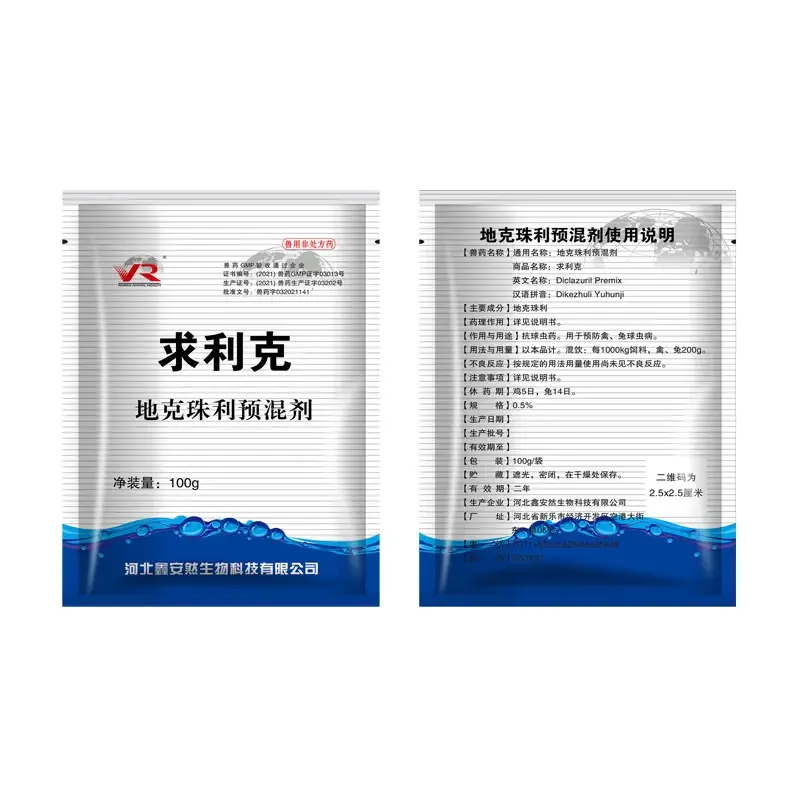- Afrikaans
- Albanian
- Amharic
- Arabic
- Armenian
- Azerbaijani
- Basque
- Belarusian
- Bengali
- Bosnian
- Bulgarian
- Catalan
- Cebuano
- Corsican
- Croatian
- Czech
- Danish
- Dutch
- English
- Esperanto
- Estonian
- Finnish
- French
- Frisian
- Galician
- Georgian
- German
- Greek
- Gujarati
- Haitian Creole
- hausa
- hawaiian
- Hebrew
- Hindi
- Miao
- Hungarian
- Icelandic
- igbo
- Indonesian
- irish
- Italian
- Japanese
- Javanese
- Kannada
- kazakh
- Khmer
- Rwandese
- Korean
- Kurdish
- Kyrgyz
- Lao
- Latin
- Latvian
- Lithuanian
- Luxembourgish
- Macedonian
- Malgashi
- Malay
- Malayalam
- Maltese
- Maori
- Marathi
- Mongolian
- Myanmar
- Nepali
- Norwegian
- Norwegian
- Occitan
- Pashto
- Persian
- Polish
- Portuguese
- Punjabi
- Romanian
- Russian
- Samoan
- Scottish Gaelic
- Serbian
- Sesotho
- Shona
- Sindhi
- Sinhala
- Slovak
- Slovenian
- Somali
- Spanish
- Sundanese
- Swahili
- Swedish
- Tagalog
- Tajik
- Tamil
- Tatar
- Telugu
- Thai
- Turkish
- Turkmen
- Ukrainian
- Urdu
- Uighur
- Uzbek
- Vietnamese
- Welsh
- Bantu
- Yiddish
- Yoruba
- Zulu
Nov . 29, 2024 22:56 Back to list
Gentamicin Sulfate 3 Overview and Its Applications in Clinical Settings
Gentamicin Sulfate An Overview
Gentamicin sulfate is an important aminoglycoside antibiotic that has been widely used in clinical settings to treat a variety of bacterial infections. This article provides an in-depth overview of gentamicin sulfate, including its mechanism of action, indications, side effects, and considerations for use.
Mechanism of Action
Gentamicin sulfate works by inhibiting bacterial protein synthesis. It binds to the 30S subunit of the bacterial ribosome, which interferes with the translation process. This action not only disrupts the synthesis of essential proteins but also leads to the misreading of messenger RNA. Consequently, gentamicin is effective against a broad range of Gram-negative bacteria, including Pseudomonas aeruginosa and Escherichia coli, as well as some Gram-positive organisms like Staphylococcus aureus. Its bactericidal properties make it a valuable tool in the fight against serious infections.
Indications
Gentamicin sulfate is indicated for various conditions, particularly those caused by susceptible strains of bacteria. Some of the common uses include
1. Serious Infections It is often used in treating severe infections such as septicemia, pneumonia, and meningitis, especially when caused by Gram-negative organisms. 2. Urinary Tract Infections (UTIs) Gentamicin is used to manage complicated UTIs, particularly when other antibiotics are ineffective.
3. Intra-abdominal Infections It can be part of combination therapy in cases of peritonitis or intra-abdominal abscesses.
5. Topical Applications In some formulations, gentamicin sulfate is used topically for skin infections, such as those caused by burns or wounds.
Side Effects
While gentamicin sulfate is a potent antibiotic, it is not without side effects. The most significant concerns include
gentamicin sulfate 3

- Nephrotoxicity One of the major risks associated with gentamicin is damage to the kidneys. Monitoring renal function is essential, particularly in patients who are receiving prolonged therapy or have preexisting kidney problems.
- Ototoxicity Gentamicin can lead to hearing loss and vestibular dysfunction. Symptoms such as tinnitus, dizziness, and balance issues may occur, emphasizing the need for auditory monitoring during treatment.
- Neuromuscular Blockade In rare cases, gentamicin can cause neuromuscular block, particularly in patients with underlying neuromuscular disorders.
- Allergic Reactions Like any medication, gentamicin may cause allergic reactions, ranging from mild skin rashes to severe anaphylaxis.
Considerations for Use
When using gentamicin sulfate, several considerations must be kept in mind
- Dosing Adjustments Dosing is often adjusted based on renal function, due to the risk of accumulation and toxicity.
- Therapeutic Drug Monitoring Regular monitoring of serum levels is recommended to tailor dosing and minimize adverse effects. This is particularly important in patients with fluctuating renal function.
- Combination Therapy Often, gentamicin is used in combination with other antibiotics to enhance its efficacy, particularly in treating serious infections.
- Patient Education Patients should be informed about the potential side effects and the importance of reporting any unusual symptoms to their healthcare provider promptly.
Conclusion
Gentamicin sulfate remains a cornerstone in the treatment of serious bacterial infections. Despite its effectiveness, healthcare providers must be vigilant regarding its side effects, particularly nephrotoxicity and ototoxicity. With appropriate monitoring, gentamicin can be safely employed, making it a vital option in antibiotic therapy. Understanding its uses, mechanisms, and potential adverse effects ensures that clinicians can provide the best care while minimizing risks to patients. As antibiotic resistance becomes an increasing concern, ongoing research into gentamicin and its alternatives will be integral in maintaining effective treatment options in the future.
-
Guide to Oxytetracycline Injection
NewsMar.27,2025
-
Guide to Colistin Sulphate
NewsMar.27,2025
-
Gentamicin Sulfate: Uses, Price, And Key Information
NewsMar.27,2025
-
Enrofloxacin Injection: Uses, Price, And Supplier Information
NewsMar.27,2025
-
Dexamethasone Sodium Phosphate Injection: Uses, Price, And Key Information
NewsMar.27,2025
-
Albendazole Tablet: Uses, Dosage, Cost, And Key Information
NewsMar.27,2025













